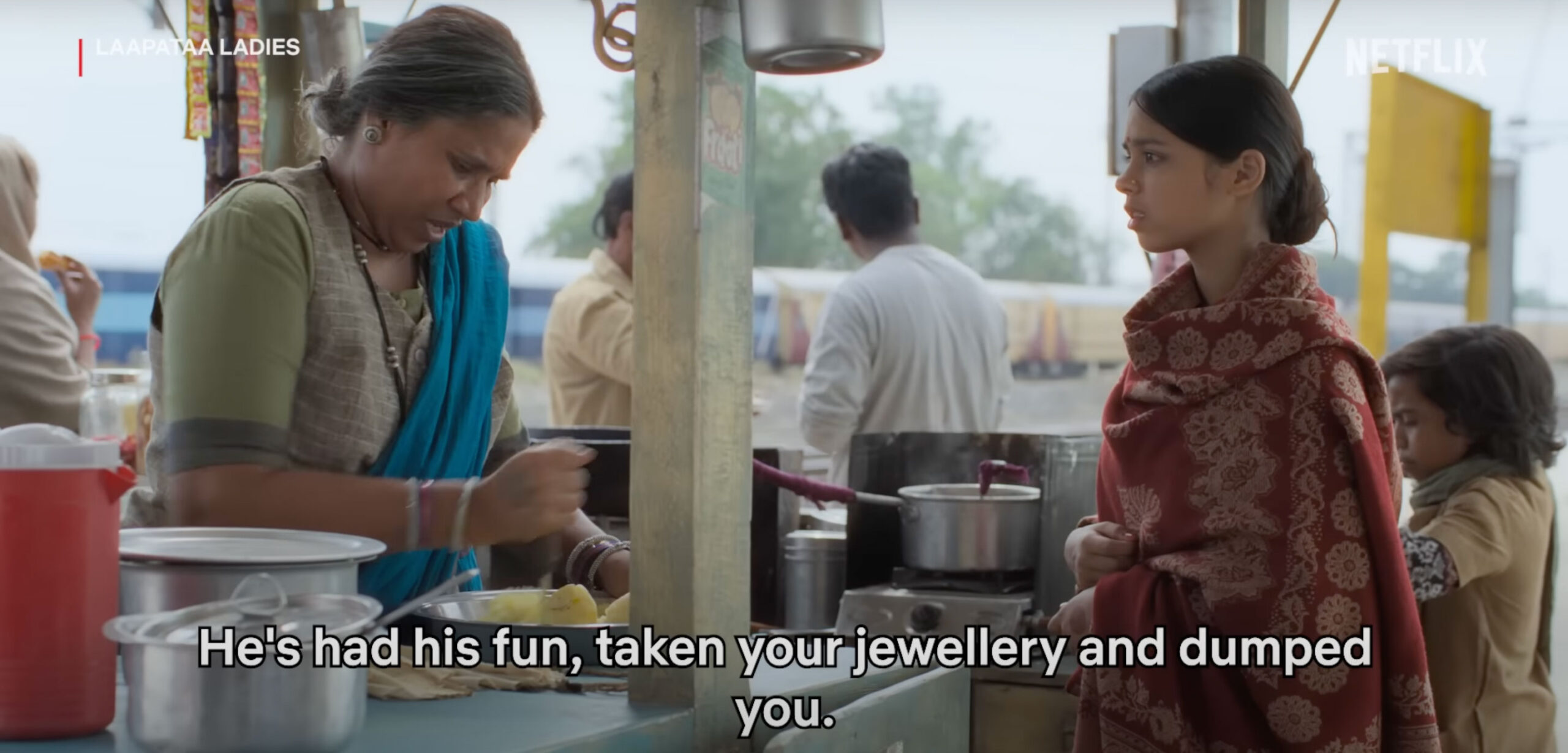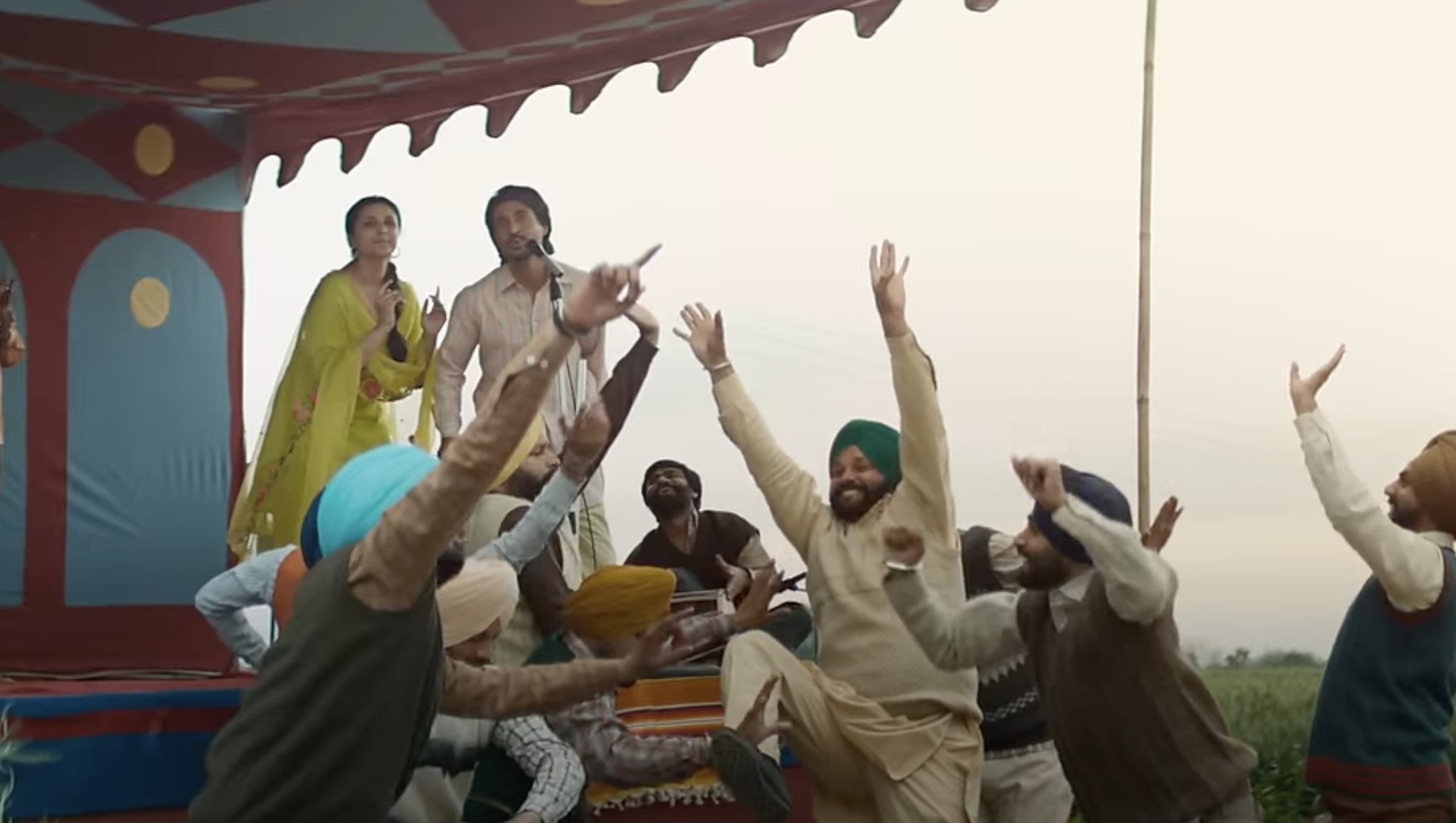The rather long title could have been longer if it were to encapsulate the full range of the subjectivity of this scribe. It should have been “The dilemma of being an upwardly mobile, English-speaking, Dalit Feminist and ideologue who is simultaneously a wannabe intellectual, a commodity fetishist and a person with ambivalent sexual orientation (I am deliberately choosing not to use the word ‘queer’ since I am not sure what it means) and who is working in Kolkata, West Bengal”.
Much as I sound so, this paper is not a narcissistic exercise in dissecting, identifying and cataloguing my subjectivities. Rather, my focus will be on the experience of working in a university and a city that boast of being the intellectual hotbed of the country. Of course, I will be talking as a student who has studied here for five years. I do not claim to speak for other Dalit students. Nor do I claim to represent the sum total of the experience of caste discrimination that is faced by other Dalit students. There might be Dalits who will deny facing any discrimination, there might be Dalits who have had to physically bear the burden of their caste in the university. I belong to neither camp. Rather this article is about my personal journey with my caste in the campus, how I have sought to negotiate it and the way I perceive it. Not only is the personal nature of the gaze very important here but also of the motive, since I am also writing, thinking and theorizing about caste for academic purpose.
It is not uncommon for Bengali Bhadroloks and Bhadromahilas to claim that caste does not exist in West Bengal. Why do we hear or read about caste riots or caste rapes? There are Brahmins who reject their threads, relish beef and do not mind sharing their hash, cigarette or beedi with a Scheduled Caste (not Dalit) friend or two. The radicals take have long addas at humble roadside tea stalls, binge on street food prepared by an SC (not Dalit) and occasionally sneer at an SC (not Dalit) colleague who hesitates to sit on the dusty pavement for fear of dirtying the first Peter England trousers of his life and castigate him for being a snob.
If one desires to know the real radical that rests and occasionally bursts out in flames in every Bhadrolok and Bhadromahila’s heart one must take into account what goes on in the addas. The addas are a gateway to the heart, mind and, not to forget, the stomach of Bengalis. One confronts the romantic, the intellectual and the splenetic or the bilious side of the Bengali Bhadrosamaj in its most unabashed nakedness in the addas. These sessions may include a heated discussion on the revolution in Cuba, the expression of anathema at having a Punjabi (ie non-Bengali) as an editor of a reputed literary journal in English, or debates on the price of the newly purchased four-bedroom apartment and Mayawati’s lavish bungalow.
Being a Bengali Dalit who has been extremely fortunate/unfortunate to enjoy and observe the company of the Bhadrosamaj for a long time, I have also caught some of the quirks of their nature. Perhaps, you are thinking that I am simply beating about the bush by talking about Bhadrosamaj and addas, but it is in these sessions that I have encountered the most obscene forms of casteism. They have surfaced when classmates and professors make fun of people with non-brahmanical surnames and then smile at you in mock apology, when the academic failure of reserved-category (not Dalit) students is used to justify that reservation is an unmixed evil, when the lack of English-language skills among reserved-category (not Dalit) students is perceived as something that insults the intellect of the English-speaking teacher.
Caste reared its head when I ditched an upper-caste guy for his sexism and was told in turn that he let me go easily because I was three rungs below him in the caste ladder. It came from my Dalit friends who perceived my friendship with upper-caste students as betrayal. It invaded my mind and entered my bed when I was being caressed by a lover. The tenets of Manu that forbade Dalits from wearing gold and precious stones suddenly hit me when I was celebrating my first branded bag or reminiscing about my first experience of drinking a cup of hot chocolate at the age of 24 in spite of living in a metropolis for 10 years.
My recently acquired “commodity fetishism”, as some Marxists call it, has revealed that I am a hypocrite masquerading as a Dalit emancipator. If Scheduled Caste students’ stuttering in English allegedly mocked the intellect of our teachers, my relative proficiency in the language (however incomplete and insufficient it is) is now seen, by otherwise anglophile Bengali comrades, as something that is making me a class enemy.
The result is a dilemma, a kind of intellectual, emotional and psychological paralysis of sorts. Should I identify myself as a Dalit? Do I have the right to work on Dalit Literature? Do I have the right to do so, given my alleged hypocrisy and betrayal, which has been felt in some way or the other by Dalits as well as non-Dalits? This dilemma has been quite unnerving for me. It has led to mental and psychological alienation, anxiety and a sense of extreme loneliness.
Once, in an interview, a professor told me, rather absurdly, that there are no Dalits in West Bengal. I had responded with a wry smile and had nothing to say. It is my contention that there are no Dalits in West Bengal because of the simple fact that Dalits are not allowed to exist. You can be a casteless Brahmin, Baidya or Kayastha. On the other side of the equation, you can be an untouchable waiting to be emancipated (accultured) by upper-caste casteless radicals or you can be a SC employee perpetually embarrassed for enjoying the “privilege” of affirmative action.
The word Dalit, as I understand it, refers to dignity of the person concerned, taking into account the history of prejudice and discrimination that he or she still faces in forms that cannot be explained through Bhadrolok Marxism. It has gradually incorporated within itself the long history of resistance to caste system as well as our claim to an autonomous identity that is more than just being poor, working class or an untouchable.
When I identify myself as a Dalit I am making a claim and seeking recognition for that discrimination and prejudice, as well as that resistance. But, inadvertently, by identifying myself as a Dalit I am also challenging a “division of labour” that is endemic to West Bengal. This is the division between emancipators (which includes writers, intellectuals, social activists, doctors, economists, trade-union leaders, Naxalite leaders) and the to-be-emancipated (which includes peasants, workers in factories and homes, taxi drivers, rickshaw pullers, etc).
Just browse around any bookstore or go through the names of the faculty of the famous universities or the list of authors in any random little magazine dedicated to social transformation in the state. You will find the Bhattacharjees, Mukherjees, Boses and Dasguptas. And then try to find out the surnames of the thousands of men and women who form the crowd at any political rally or gathering, the men who clean the streets every morning and take away our shit and waste, the women who commute daily to keep the houses of Bhadrolok clean.
In this context, a Brahmin taxi driver or a Dalit lecturer or (especially) an activist is an eyesore, a cause of moral and political anathema. This is feudalism twisted to suit the needs of Bhadrolok radicalism. Bhadrolok Marxism requires that a caste of people/Bhadrolok emancipate another caste of people, the chotolok. If one of the chotolok suddenly claims to be a Dalit and emancipates himself or herself, he/she challenges the Bhadrolok’s prerogative to liberate the chotolok, thereby challenging a system of dependence and power and a relationship of dominance and subordination. He/she is also laying a claim to the history of a movement that has focused on the agency of Dalits and suspected the benevolence and the radicalism of the savarnas.
The Dalit identity challenges the hierarchy involving the caste of emancipator and the caste of emancipated and renders the emancipator redundant and useless. As a result, the Bhadrolok do not miss a single opportunity to target intellectually as well as psychologically anyone who attempts to challenge this division and to decry his/her claim to the identity. The question then is not whether I should identify myself as a Dalit or whether I have the right to. The question is whether I can afford to identify myself as a Dalit given the intellectual and emotional alienation that awaits anyone who dares to do so. Thus I am faced with a dilemma that stems from the angst and a very human fear of being left alone in the world. All said and done, I would love to be proved false. I would really love it if another Bengali Dalit opposed my thesis and presented a better picture.
Published in the February 2016 issue of the Forward Press magazine
Forward Press also publishes books on Bahujan issues. Forward Press Books sheds light on the widespread problems as well as the finer aspects of the Bahujan (Dalit, OBC, Adivasi, Nomadic, Pasmanda) community’s literature, culture, society and culture. Contact us for a list of FP Books’ titles and to order. Mobile: +919968527911, Email: info@forwardmagazine.in)






